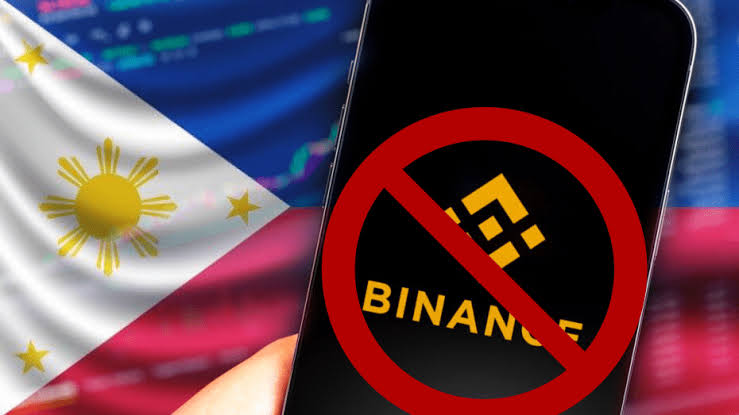A federal appeals court dismissed a former prisoner’s $345 million bitcoin lawsuit, ruling that Michael Prime’s own repeated denials of owning significant cryptocurrency during his 2019 criminal case prevented him from later claiming the government destroyed a hard drive containing 3,443 BTC.
Court Says Claim Is Too Late and Unfounded
The Bitcoin loss lawsuit stemmed from Prime’s arrest in 2019 on charges of counterfeiting and identity theft. He argued that law enforcement erased his orange external hard drive — allegedly containing his BTC private keys — after seizing it as evidence.
However, the court ruled that Prime’s years of denial about owning any significant amount of Bitcoin undermined his claim.
Circuit Judge Hon. Britt Grant noted, “It would be inequitable to award Prime an equitable remedy, even if the Bitcoin existed — which is a big if.” She pointed out that Prime had several opportunities to disclose his crypto holdings but consistently stated he had “very little Bitcoin.”
The panel of Judges — Hon. Jill Pryor, Hon. Britt Grant, and Hon. Stanley Marcus — unanimously affirmed the lower court’s ruling, emphasizing that Prime’s Bitcoin loss lawsuit was barred under the doctrine of laches, which penalizes unreasonable delay in asserting a right.
“The government relied on Prime’s own words,” Judge Grant added. “He denied owning substantial Bitcoin during sentencing and in probation interviews. The government acted accordingly and wiped the devices.”
According to court records, federal agents searched Prime’s property multiple times and found no trace of crypto wallets, private keys, or exchange accounts. They reported that “no crypto or recovery seeds were located” during any of the authorized searches.
Bitcoin Loss Lawsuit Built on Weak Evidence
Prime’s Bitcoin loss lawsuit hinged on the claim that the hard drive destroyed by the government held his lost fortune — now worth $345 million. But the court highlighted glaring inconsistencies in his story.
At sentencing, Prime’s own attorney conceded that the evidence didn’t back up his original claims. The lawyer admitted that any Bitcoin Prime had was “from his old mining days in Seattle more than a decade ago,” and that much of it had already been spent on “boats and cars,” which were later seized by authorities.
Legal analyst Jennifer Krossman told Bloomberg Crypto, “This case exposes the risks of making retroactive crypto claims without consistent documentation. The court’s decision reinforces accountability and timeliness in digital asset disputes.”
Government’s Position Vindicated
The judges were unequivocal: Prime’s delay was unjustified, and the government was prejudiced by it.
“We have little difficulty concluding that the government would not have destroyed the hard drive if it had known it contained hundreds of millions of dollars in Bitcoin,” the opinion read.
The Bitcoin loss lawsuit also revealed how courts increasingly treat digital assets in traditional legal frameworks. Once dismissed evidence is destroyed, courts rarely reopen cases based on speculative claims.
Crypto law expert Mark Levinson, partner at Fintech Legal Group, said, “The Prime case is a wake-up call for anyone sitting on unverified Bitcoin claims. Without timely action and concrete proof, the courts won’t entertain such massive allegations.”
The Bitcoin loss lawsuit highlights the growing legal complexities surrounding ownership, custody, and disclosure of digital assets. Prime’s years-long silence — followed by a late claim of massive losses — ultimately doomed his case.
As Judge Marcus summarized, “Prime’s own representations trapped him. He cannot now reverse those statements and demand compensation for assets he once denied existed.”
The Bitcoin loss lawsuit serves as a stark reminder to crypto investors: in the world of blockchain, documentation and timing are everything.











